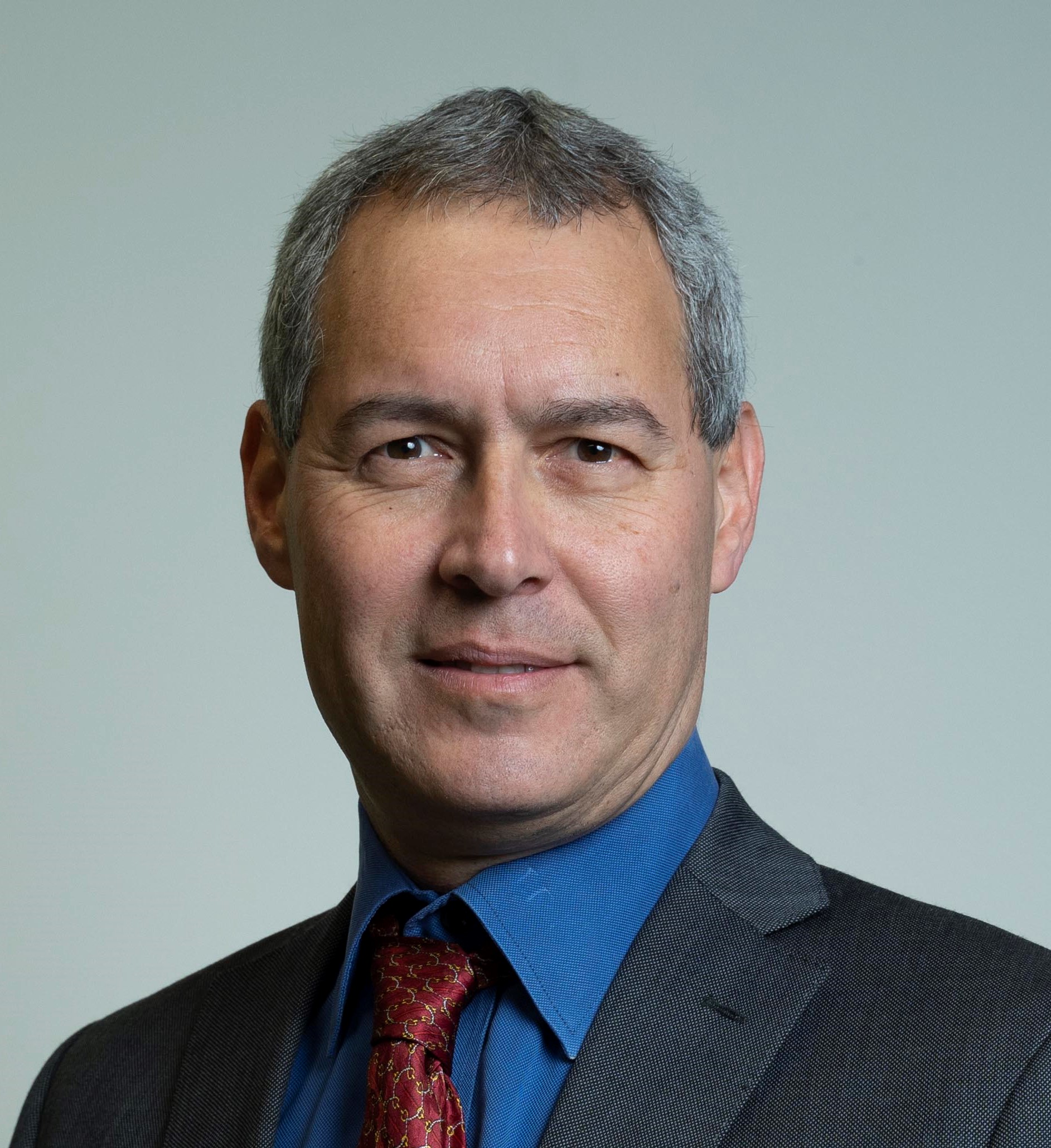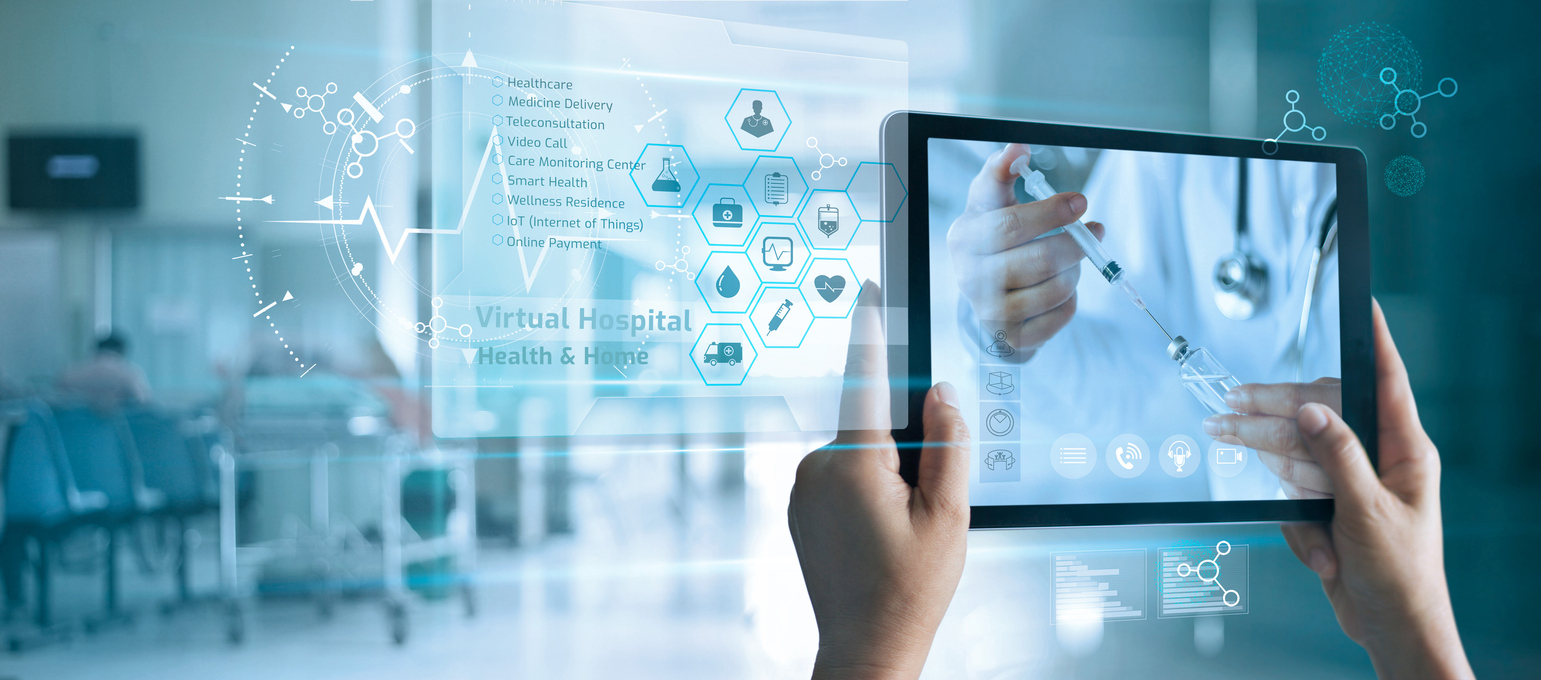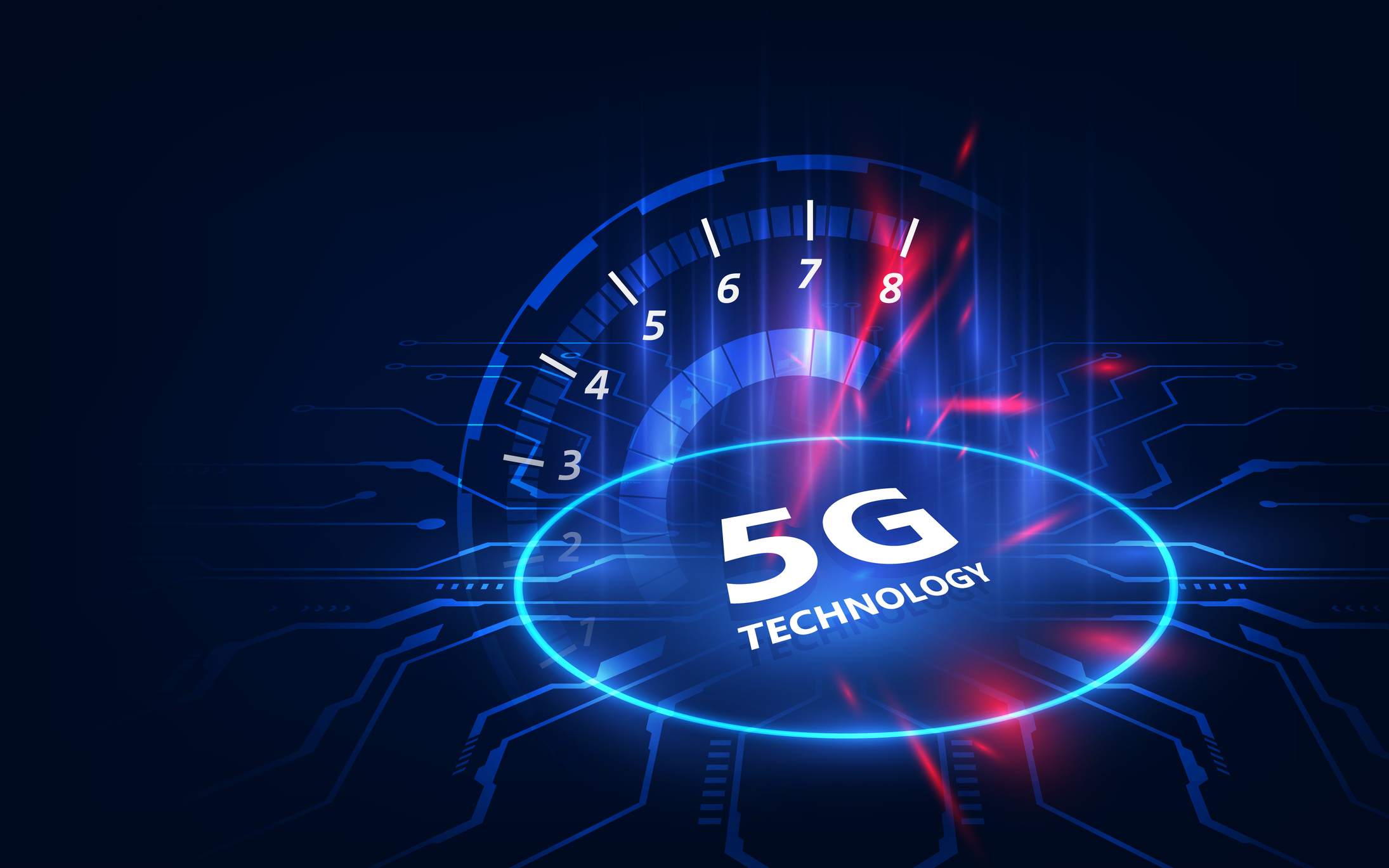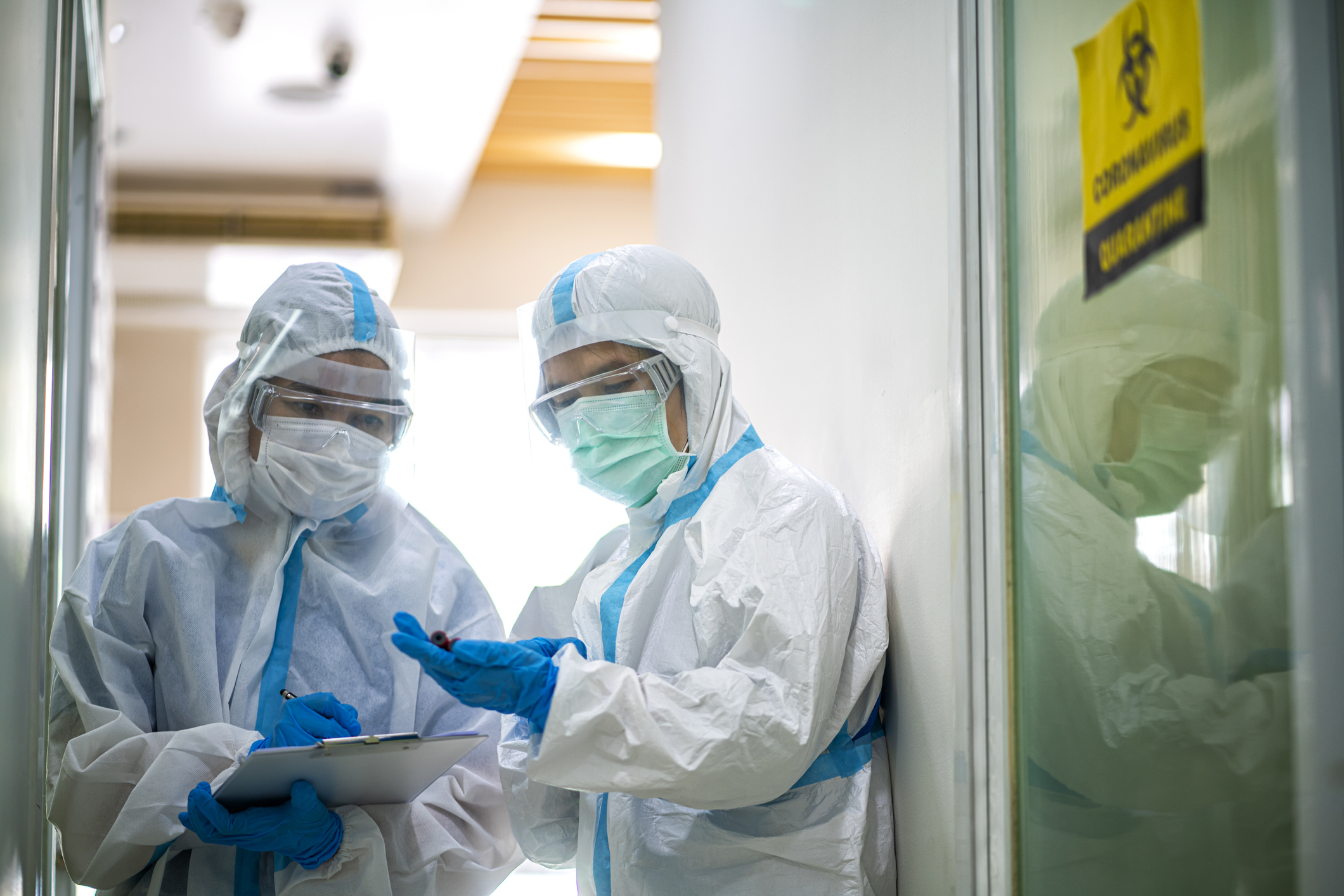There has been a lot of discourse over the past few years as to the rise of AI in healthcare and how predictive analytics can help improve diagnostic accuracy, minimise risk and improve clinical efficiency.
But despite these benefits, many healthcare professionals are still wary of the implications of AI. It is not a replacement for a qualified professional. AI, like ultrasound or CT scan, is a tool to support medical decisions.
Managing an ageing population with AI
A recent McKinsey report revealed if our ageing population continues to grow at the same rate, without major structural and transformational change, healthcare systems will struggle to remain sustainable. The report also showcased data from the World Health Organisation that found health systems would also need a larger workforce, but although the global economy could create 40 million new health-sector jobs by 2030, there would still be a projected shortfall of 9.9 million physicians, nurses and midwives globally over the same period. Building on automation, artificial intelligence (AI), has the potential to revolutionise healthcare and help address some of these challenges, the report stated. 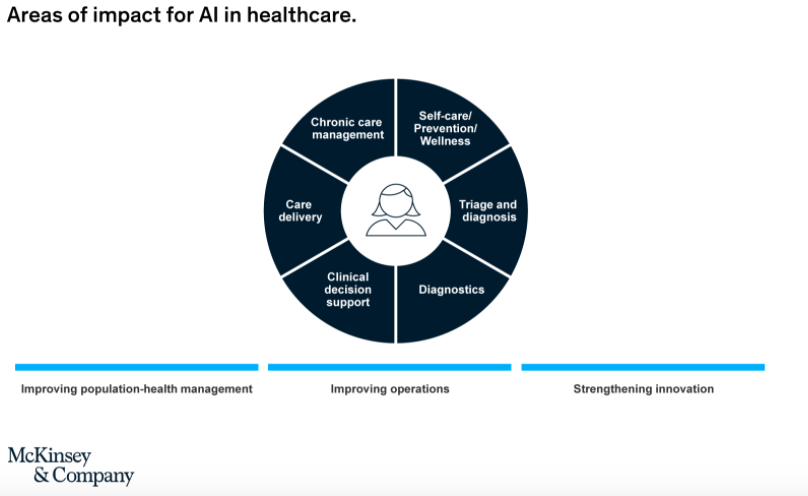
So while some health professionals may be under the impression they are being replaced by AI and predictive analytics - it's in fact far from the truth. Nobody's trying to replace the doctor's decision - that level of human-centric knowledge and care is invaluable. Predictive analytics are simply helping medical professionals make decisions faster, more accurately and at scale, and ease the burden of managing the rise in patient volumes.
Already, the US market has seen a relatively greater adoption of AI technology primarily to reduce the cost of care and improve the outcomes. Meanwhile in the UK, the National Health Service (NHS) deployed an AI-based Chatbot on trial last year, to ease pressure on the emergency triage process. More recently, a report conducted in Australia and New Zealand, found the healthcare sector came out as one of the top industries leveraging data analytics to drive efficiency, technological innovation, support remote working solutions, and optimise outcomes in the region.
How can AI help the health sector?
Generally speaking, AI involves the use of technologies such as natural language processing (NLP), deep learning, context aware processing, and intelligent robotics, which help AI in providing robust solutions to the healthcare sector.
AI already has multiple applications in healthcare, ranging from automated imaging, AI powered surgical robots, voice recognition and early detection systems by using clinical and diagnosis data. AI has also already been deployed in hospitals to diagnose critical diseases, such as cancer.
The power of predictive analytics and healthcare
Doctors are human - they aren't perfect and small details can be missed. But when data analytics is coupled with AI, it can have a powerful ability to self-learn using historical data, which has incredible potential to minimise error and improve early detection.
Now if that health professional is going through over many images a day, they may miss something. These tools are not a replacement for that professional, but they can help identify minor anomalies at scale. From a data perspective it’s about identifying patterns. The system can detect the pattern, and it can alert the health professional to pay greater attention to a particular image.
However AI is not replacing that decision-maker. It's still ultimately the doctor's decision. AI is simply showing patterns that a human may miss.
Let’s take a look at certain softwares that look at images and find cancer cells, the technology is astounding. AI can help identify individual cancer cells, which is amazing.
There are now very smart algorithms that can detect something really hard to see and present that additional piece of information that will be used by the doctor, for example, to ask for more lab tests.
This way, AI can help speed up the process to detect if in fact it's cancer or if it’s a false positive. But if it's cancer and it’s detected in the early stages, the patient can start the treatment sooner, and the chances of success in recovery are much higher.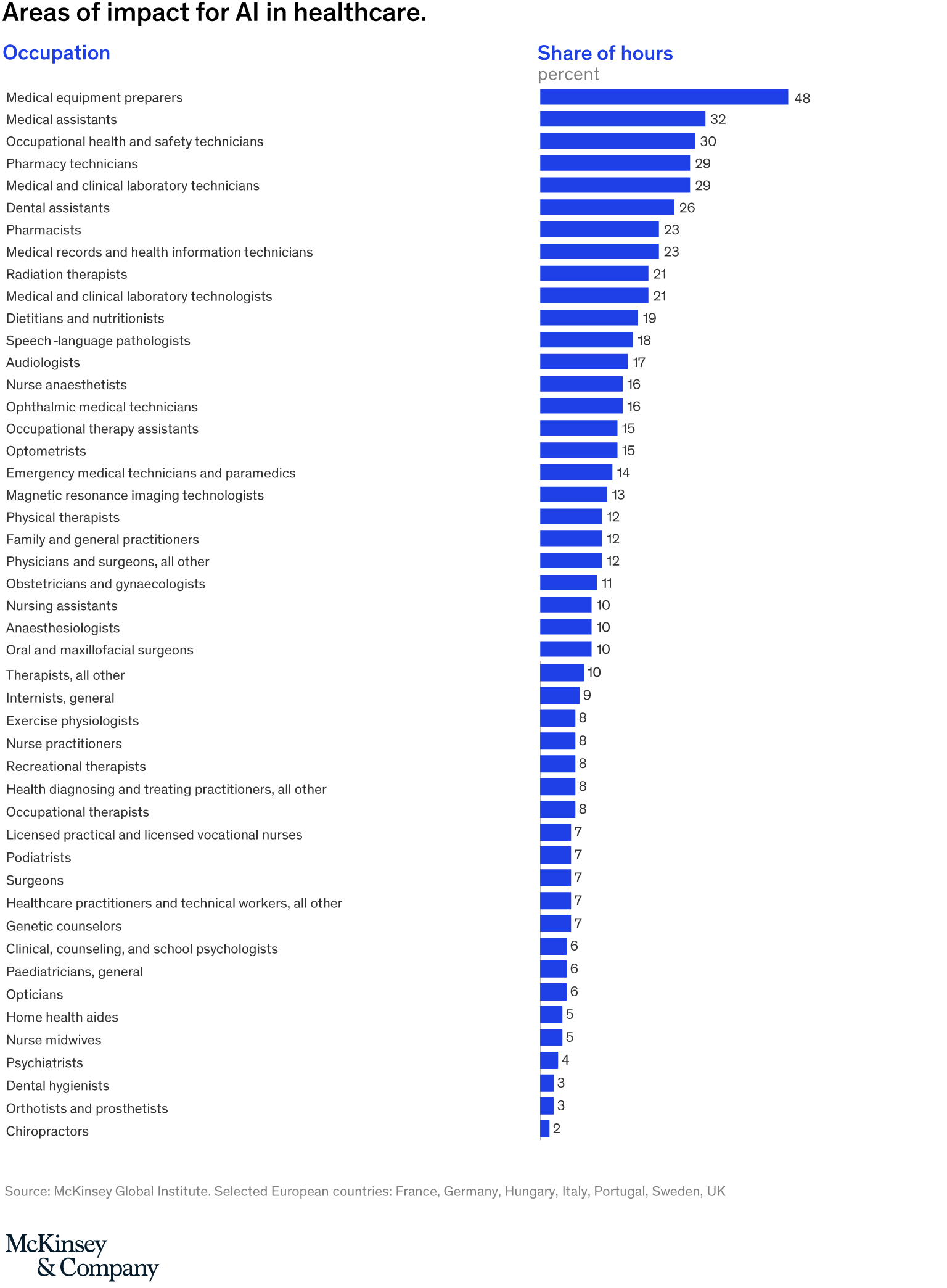
Tools for more informed decision-making
These AI-powered tools, when used at scale, ultimately help health practitioners make more informed decisions and enhance patient outcomes. And given the proliferation of IoT, there are now even more exciting ways to extract, analyse and leverage health data for faster and more accurate decision-making. And all the time saved can be placed towards more patient centric care, or towards attending to more complex matters.
At Clinic to Cloud, we’re excited about the power and potential of data analytics and AI in healthcare, and look forward to continually adapt and evolve our offerings to leverage AI capabilities to help health practitioners now, and in the future.
To find out how data analytics can help your practice contact us today.
This article appears in ITWire, one of Australia’s leading technology publications
